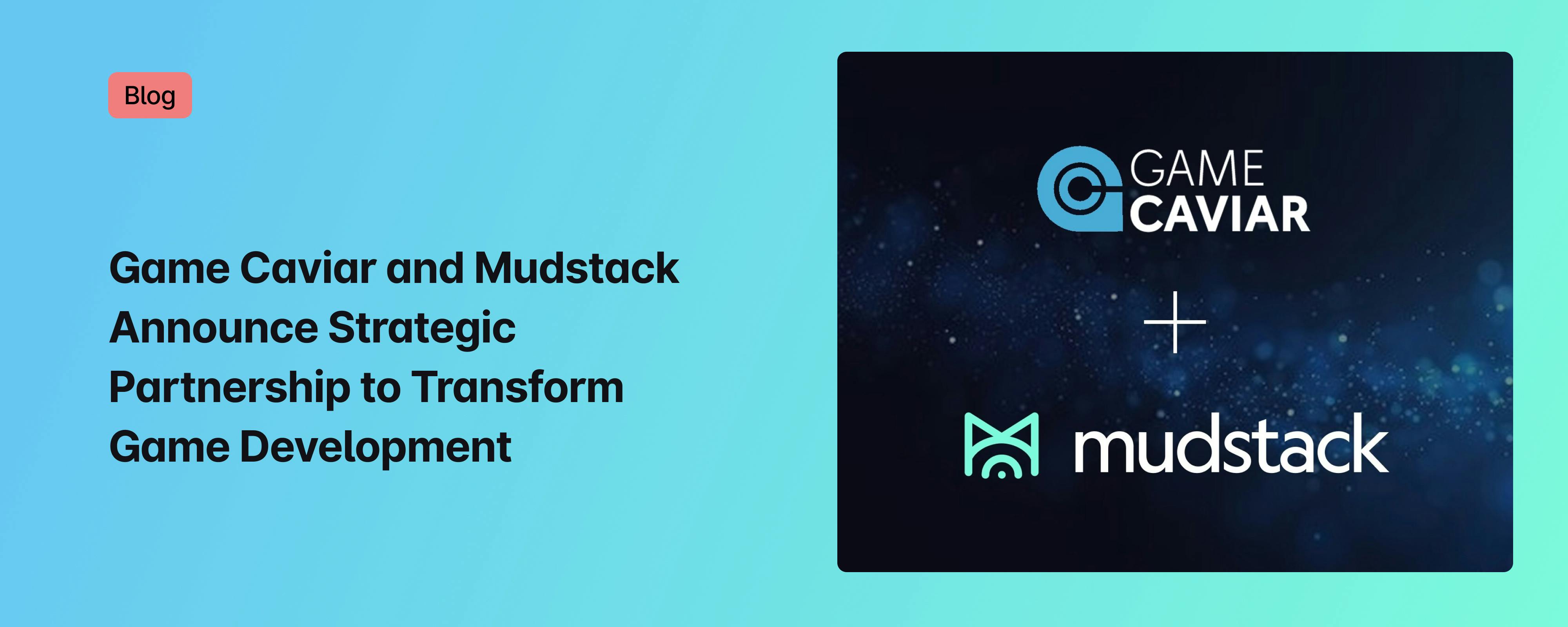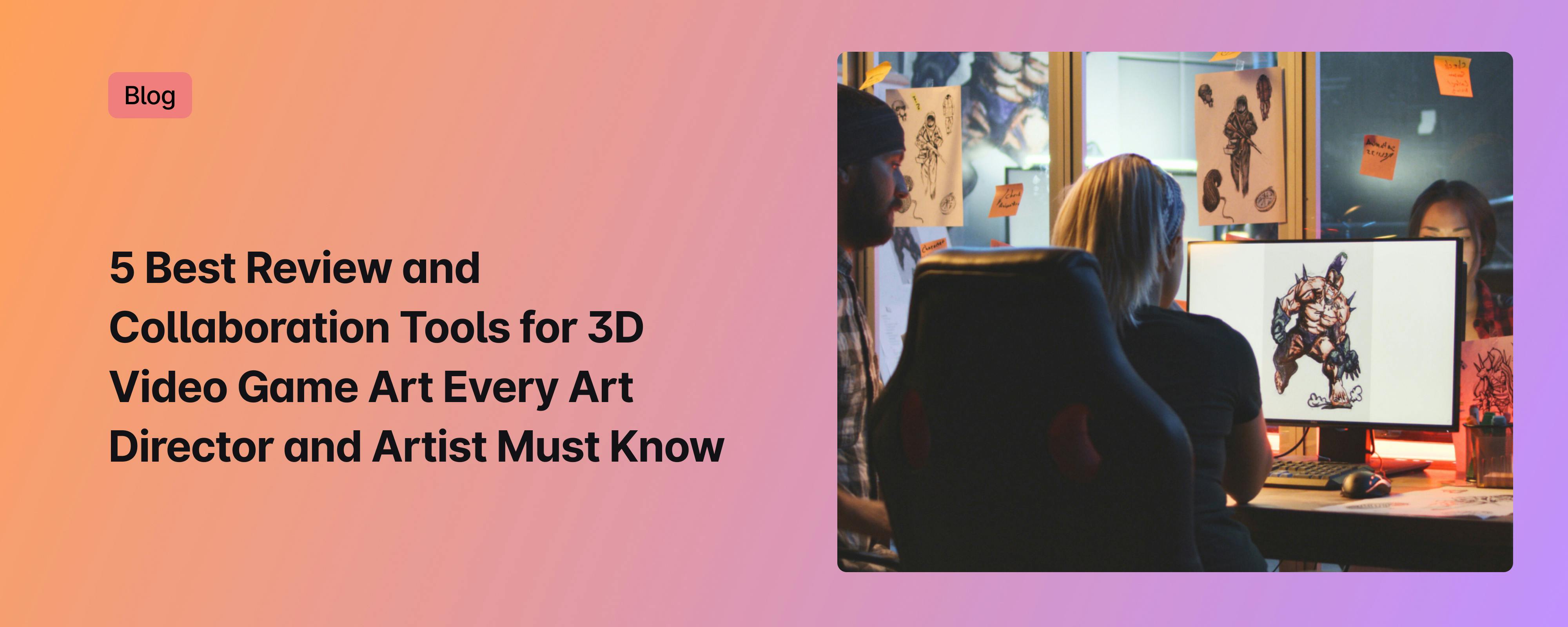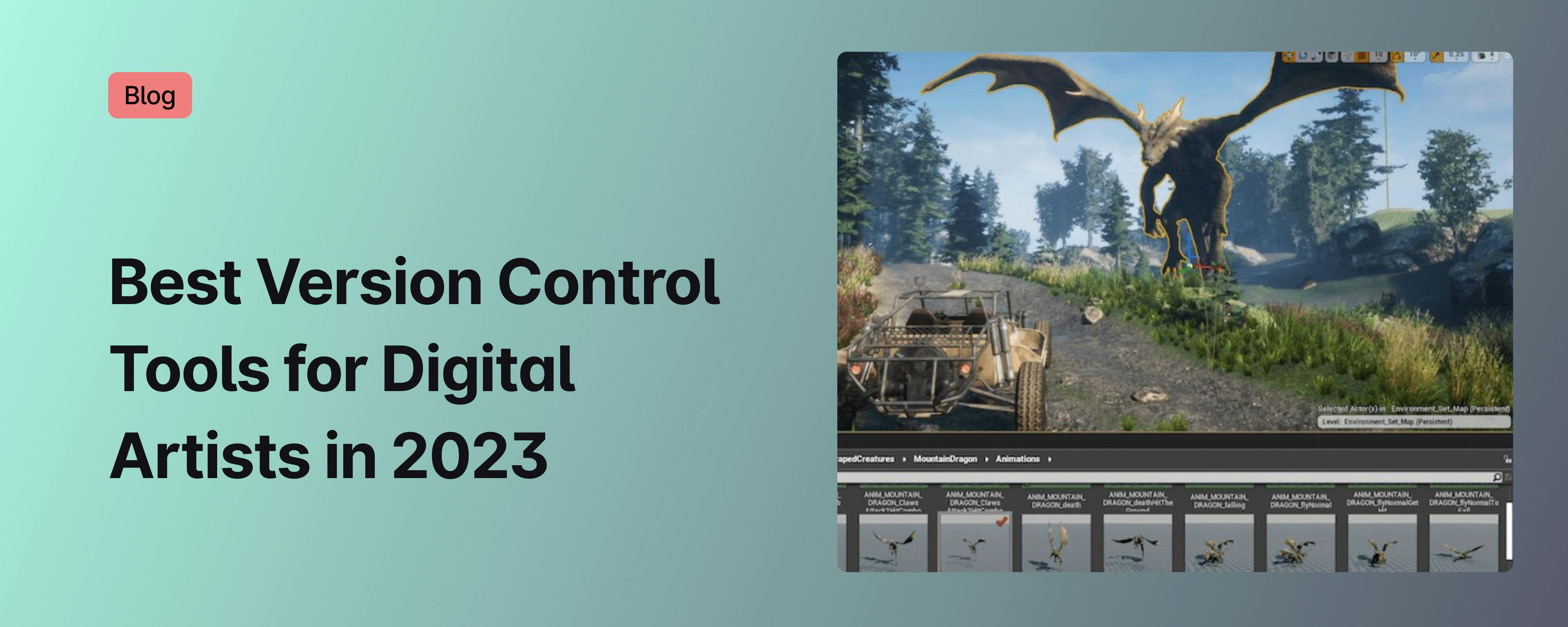Delivering Shorter, More Impactful Campaigns in Gaming
Addressing Open-World Fatigue in Modern Gaming

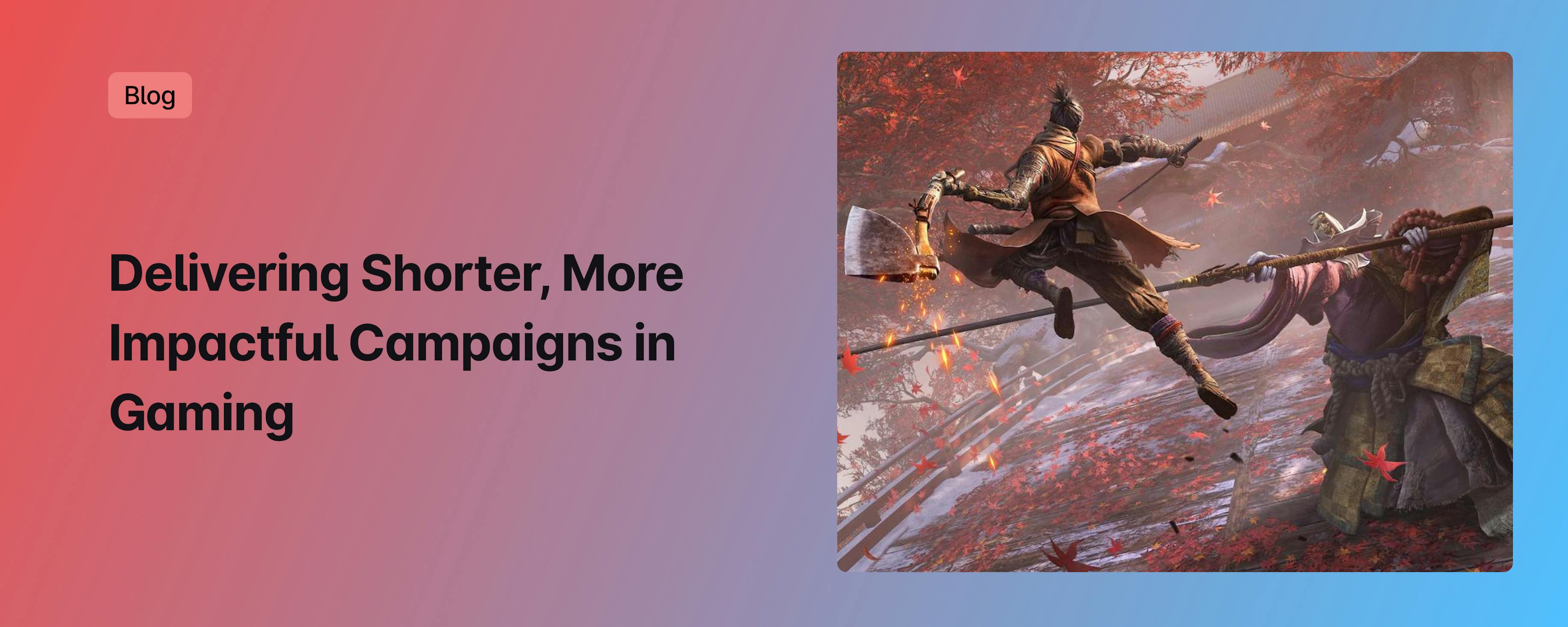
Open-world games remain among the most popular genre in the gaming industry, with dozens of AAA open-world games released every year. As a consequence, many players are experiencing open-world fatigue due to various factors like bloated runtimes, repetitive side content, and an overall lack of narrative focus. In this blog post, we will explore some of the ways that developers are addressing this problem by delivering shorter, more impactful campaigns and draw upon examples of games like Sekiro: Shadows Die Twice that offer players a meaningful gameplay experience that lasts with you long after you complete the game.
The Challenge of Player Engagement in Modern Games
Shifting Player Expectations and Open-World Trends
The last decade of gaming has seen an abundance of open-world games, with seemingly every new AAA title including at least some elements of the genre as a rule. Players’ expectations have shifted toward more immersive and lasting experiences.
Games like CDPR’s The Witcher 3 have proven that developers can keep players engaged by offering a bewilderingly large, complex, and immersive world where nearly every corner of the map is packed with meaningful content and dynamic storytelling. Your actions and choices can have real consequences that drive the narrative onward and enrich your overall experience.
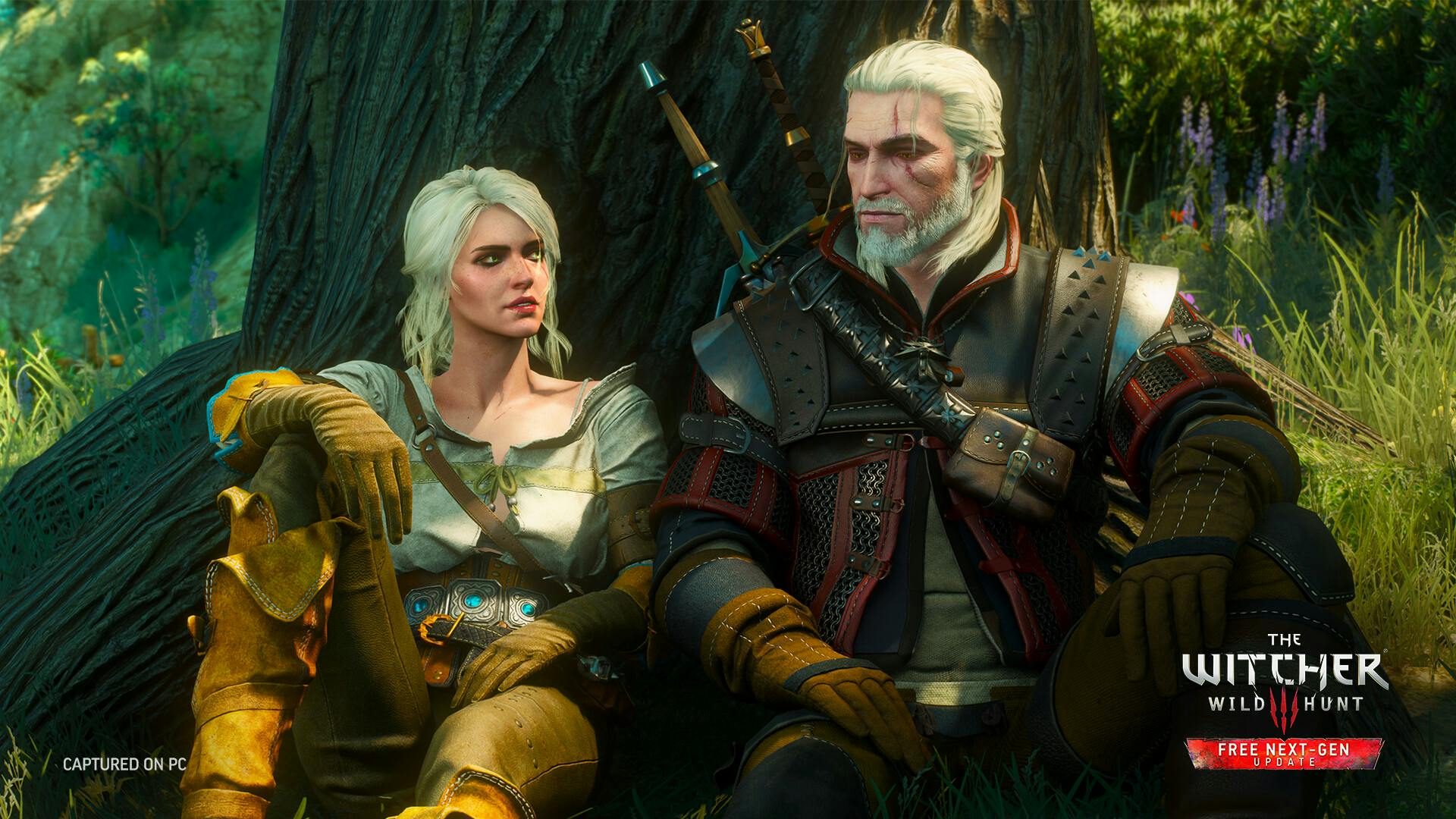
Balancing Engagement and Content Quality
While developers aim to keep players engaged, there is a risk of compromising on content quality by including repetitive tasks and low-value content to extend playtime. This issue is particularly noticeable in open-world games, where secondary quests might be added solely to prolong the overall gaming experience.
Unfortunately, this has given rise to a phenomenon known as open-world fatigue, leaving players disillusioned with an incessant array of fetch quests and trivial collectibles. These often cater to a niche audience of completionists, while leaving others feeling frustrated and disengaged.
Creative Solutions and Purposeful Design
In an attempt to address open-world fatigue, some modern game developers are taking an imaginative dive into the intricacies of gameplay dynamics. Instead of overwhelming players with repetitive chores - something most players would rather not spend their free time on - there is a shift in focus on crafting side content that seamlessly integrates with the game’s overall narrative and mechanics.
This purposeful approach could include things like discovering the secrets and mysteries of the game’s worldbuilding and lore or overcoming challenging feats that grant the player new abilities that transform how they approach the open world. This approach has the potential to spark a renewed sense of exploration and compel players to explore every nook and cranny of the map, leaving no rock unturned.
The Power of Shorter, More Impactful Campaigns
Another potential solution to address the problem of open-world fatigue in modern gaming is for developers to craft shorter, more impactful campaigns set in an open world. This approach revolves around distilling premium content into a concentrated gameplay experience, where every moment of the campaign carries narrative weight and is evidently intentional.
The key here is to stimulate a sense of anticipation and eagerness which prompts the player to keep coming back to the game after every play session. By eliminating the fluff and bloat of redundant side content, developers can promise that each moment spent in their open world will drive character and story progression, culminating in a fulfilling experience that avoids having players feel overwhelmed and burnt out on the game before they even reach the finish line.
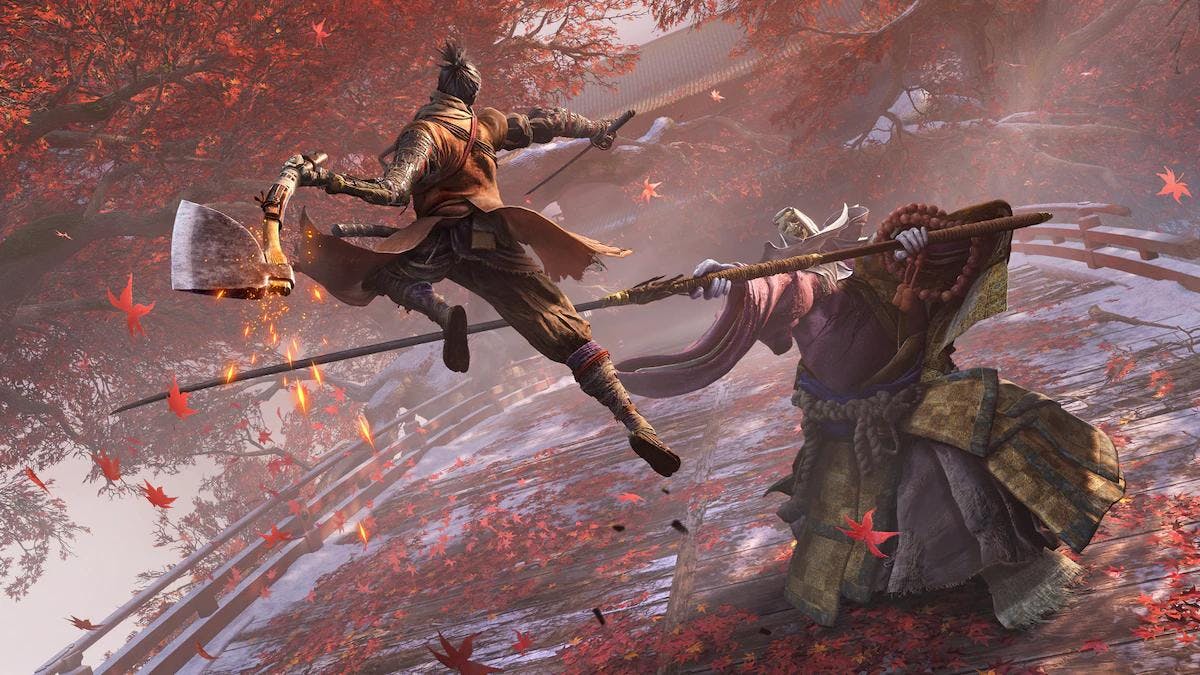
Sekiro: Shadows Die Twice - A Masterful Example
A shining example of delivering a shorter, impactful campaign is FromSoftware's Sekiro: Shadows Die Twice. In this game, the developers opted for a unique and magical gameplay aspect that sets it apart from traditional RPGs. Unlike conventional games where characters level up, Sekiro emphasizes the player's personal growth and skill improvement. This approach ensures that players feel a sense of accomplishment as they progress alongside the character, without resorting to mindless grinding for character stats.
Skill-Based Challenge and Achievement
Sekiro's difficulty level is designed to be challenging yet fair, pushing players to hone their skills rather than relying solely on acquiring stronger gear through repetitive tasks. This choice not only enhances the gaming experience but also instills a greater sense of achievement when players overcome obstacles.
Intentionality Across Genres
While Sekiro is not by traditional definition an open-world game — Elden Ring aside, FromSoftware’s games are mostly linear-ish — there is no reason why this intentionality can’t be translated to games in the open-world genre. Game developers are some of the most creative and talented people in the entertainment industry and studios should allow them to explore new approaches to how they deliver their campaigns.
Open-world games are still among the most popular and best-selling games in the industry; modern games don’t need to move away from the genre altogether to address open-world fatigue. Inviting a fresh perspective that harnesses the creative genius of developers, taking risks, and offering challenges to players drives a more engaging and rewarding open-world experience.
Mudstack is the only asset management and collaboration platform custom-built for game studios and digital artists.
Mudstack is dedicated to improving asset management and collaboration together. You can join our Discord channel to speak directly with our product team or schedule a demo to show us your art production pipeline and see our software in action.
